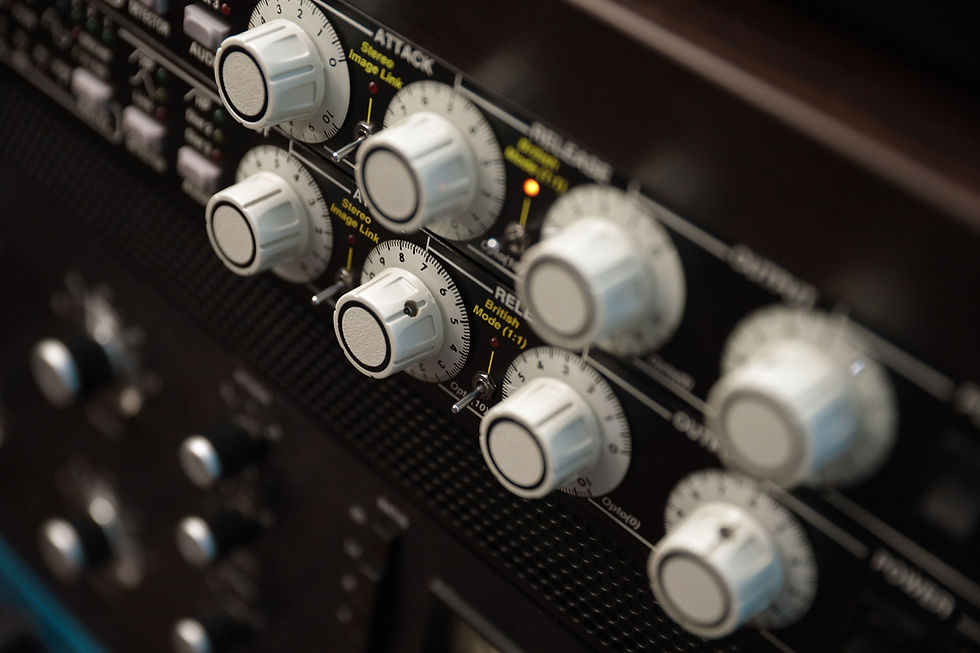Music is Good For Children
- Blog Writing King

- Dec 28, 2022
- 1 min read
Updated: Jan 15, 2023
Music can help children of all ages and is an important aspect of a child's development. Here are a few examples of how music can help young people:

Music promotes the development of children's cognitive capacities, including language, memory, and problem-solving. It also helps children develop focus and attention-paying abilities, which are important in educational contexts such as school and others.
Music can help children's coordination and rhythm, which can lead to better physical development. The physical movement required by singing, dancing, and playing musical instruments can help children develop strength and coordination.
Improves social skills: Music allows children to interact with others in a joyful and pleasurable way. Through group singing, instrument playing, and dancing, children learn to collaborate and engage with one another.
Boosts self-confidence and self-esteem: Music can give children a sense of success while also increasing their self-esteem. Furthermore, it may build a sense of community and belonging in them, which is important for children who may otherwise feel isolated or rejected.
Reduces tension and anxiety: Music can be a very helpful tool for relaxing youngsters who are stressed or anxious. Singing, playing an instrument, or listening to soothing music can help children relax and feel more at ease.
Music, in general, can have a powerful and uplifting impact on a child's life. Music may considerably enhance children's physical, cognitive, and emotional development, whether by singing, dancing, or playing an instrument.





Comments